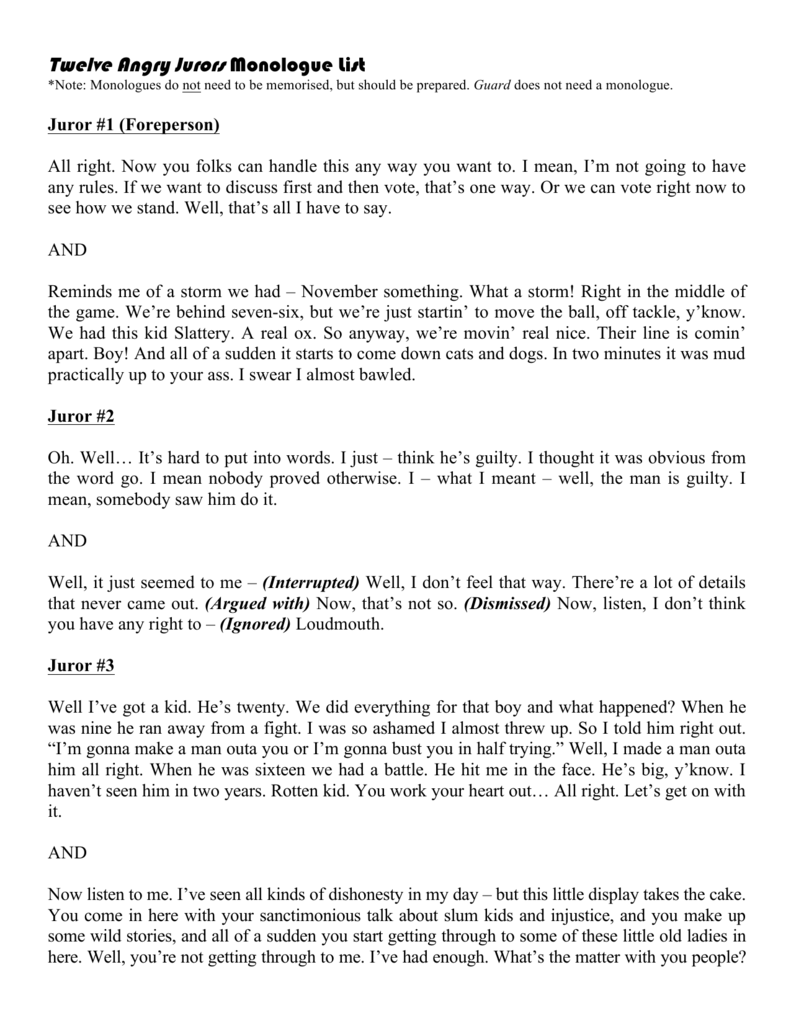

Unlawful – This distinguishes murder from killings that are done within the boundaries of law, such as capital punishment, justified self-defense, or the killing of enemy combatants by lawful combatants as well as causing collateral damage to non-combatants during a war.When a person, of sound memory and discretion, unlawfully kills any reasonable creature in being and under the king's peace, with malice aforethought, either express or implied. The eighteenth-century English jurist William Blackstone (citing Edward Coke), in his Commentaries on the Laws of England set out the common law definition of murder, which by this definition occurs In some countries, a fetus is a legal person who can be murdered, and killing a pregnant woman is considered a double homicide. Opponents of abortion consider abortion a form of murder. After arrest, for example, journalists may instead write that the person was "arrested on suspicion of murder", or, after a prosecutor files charges, as an "accused murderer". In many countries, in news reports, out of concern for being accused of defamation, journalists are generally careful not to identify a suspect as a murderer until the suspect is convicted of murder in a court of law. Middle English mordre is a verb from Anglo-Saxon myrðrian from Proto-Germanic *murþrijaną, or, according to the Oxford English Dictionary, from the noun. The alternative murther (attested up to the 19th century) springs directly from the Old English forms. The -d- first attested in Middle English mordre, mourdre, murder, murdre could have been influenced by Old French murdre, itself derived from the Germanic noun via Frankish *murþra (compare Old High German murdreo, murdiro), though the same sound development can be seen with burden (from burthen). There was a third word for "murder" in Proto-Germanic, continuing Proto-Indo-European *mr̥tós "dead" (compare Latin mors), giving Proto-Germanic *murþą "death, killing, murder" and Old English morþ "death, crime, murder" (compare German Mord). Proto-Germanic in fact had two nouns derived from this word, later merging into the modern English noun: *murþrą "death, killing, murder" (directly from Proto-Indo-European *mŕ̥-trom), whence Old English morðor "secret or unlawful killing of a person, murder mortal sin, crime punishment, torment, misery" and *murþrijô "murderer homicide" (from the verb *murþrijaną "to murder"), giving Old English myrþra "homicide, murder murderer". The modern English word "murder" descends from the Proto-Indo-European *mŕ̥-trom which meant "killing", a noun derived from *mer- "to die".


Illegal consumption (such as prohibition of drugs, alcohol, and smoking).Murder in the House by Jakub Schikaneder Criminal law


 0 kommentar(er)
0 kommentar(er)
